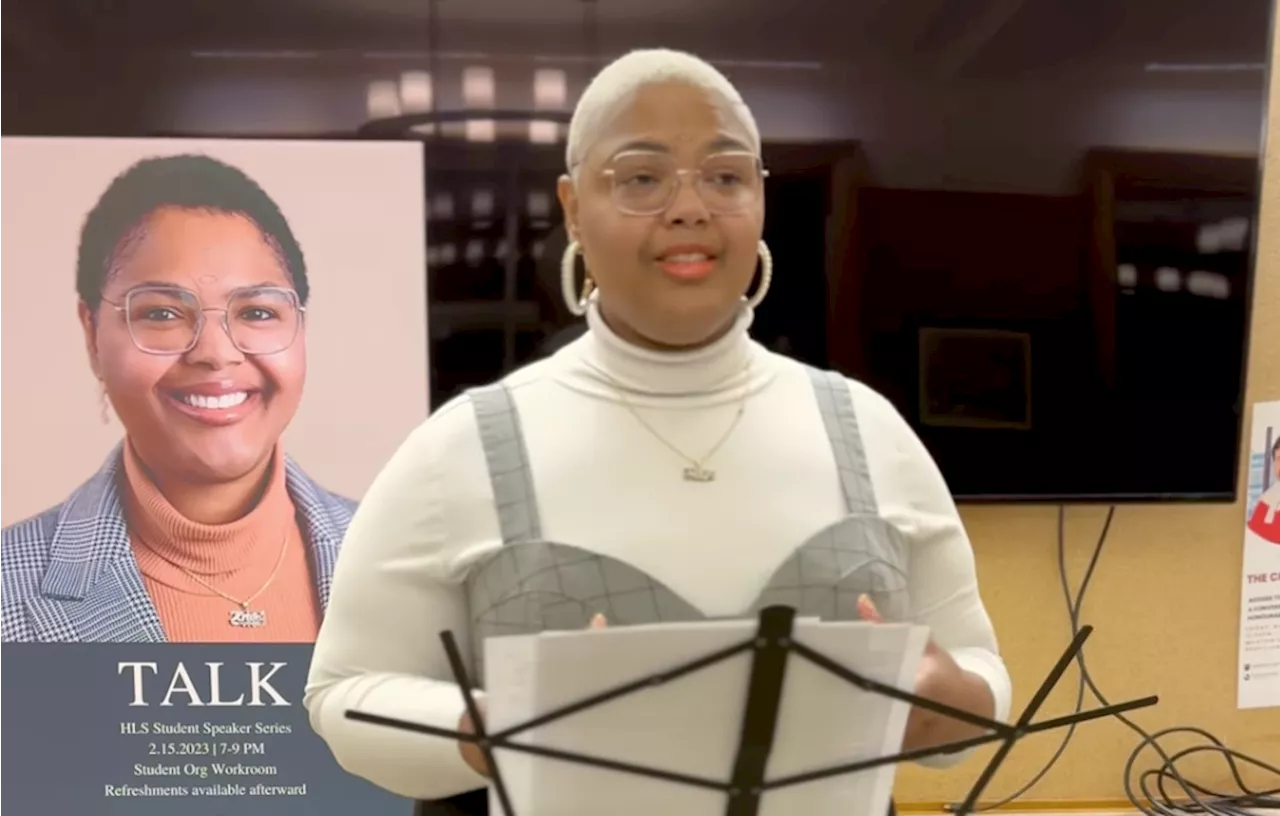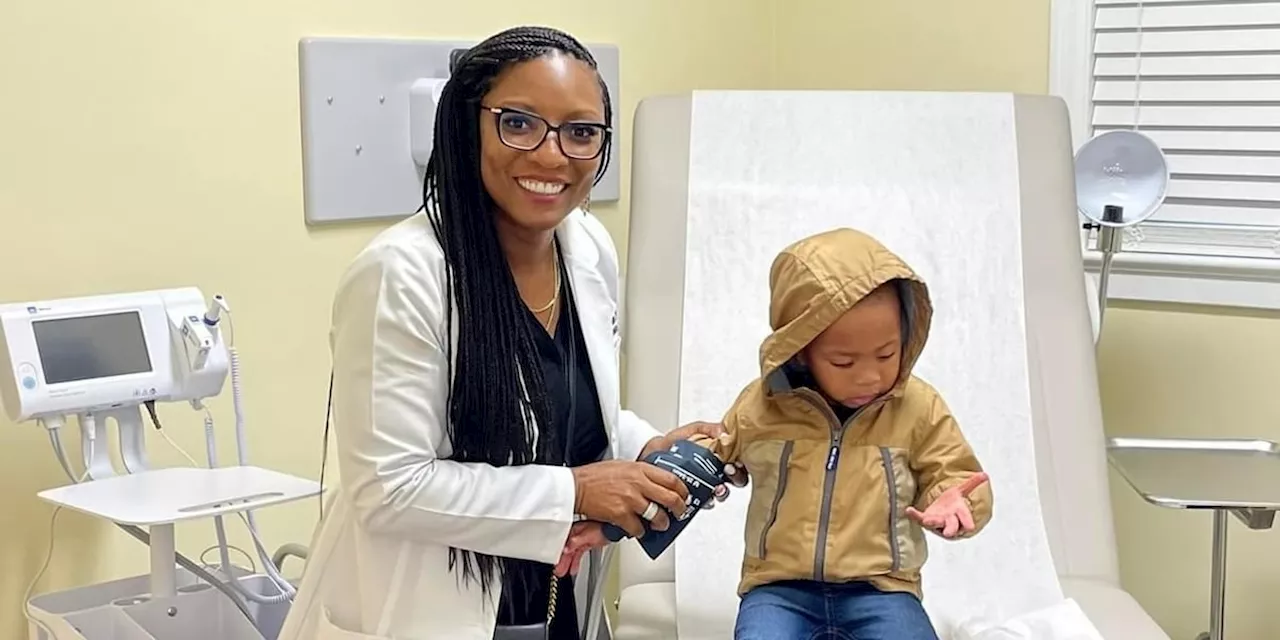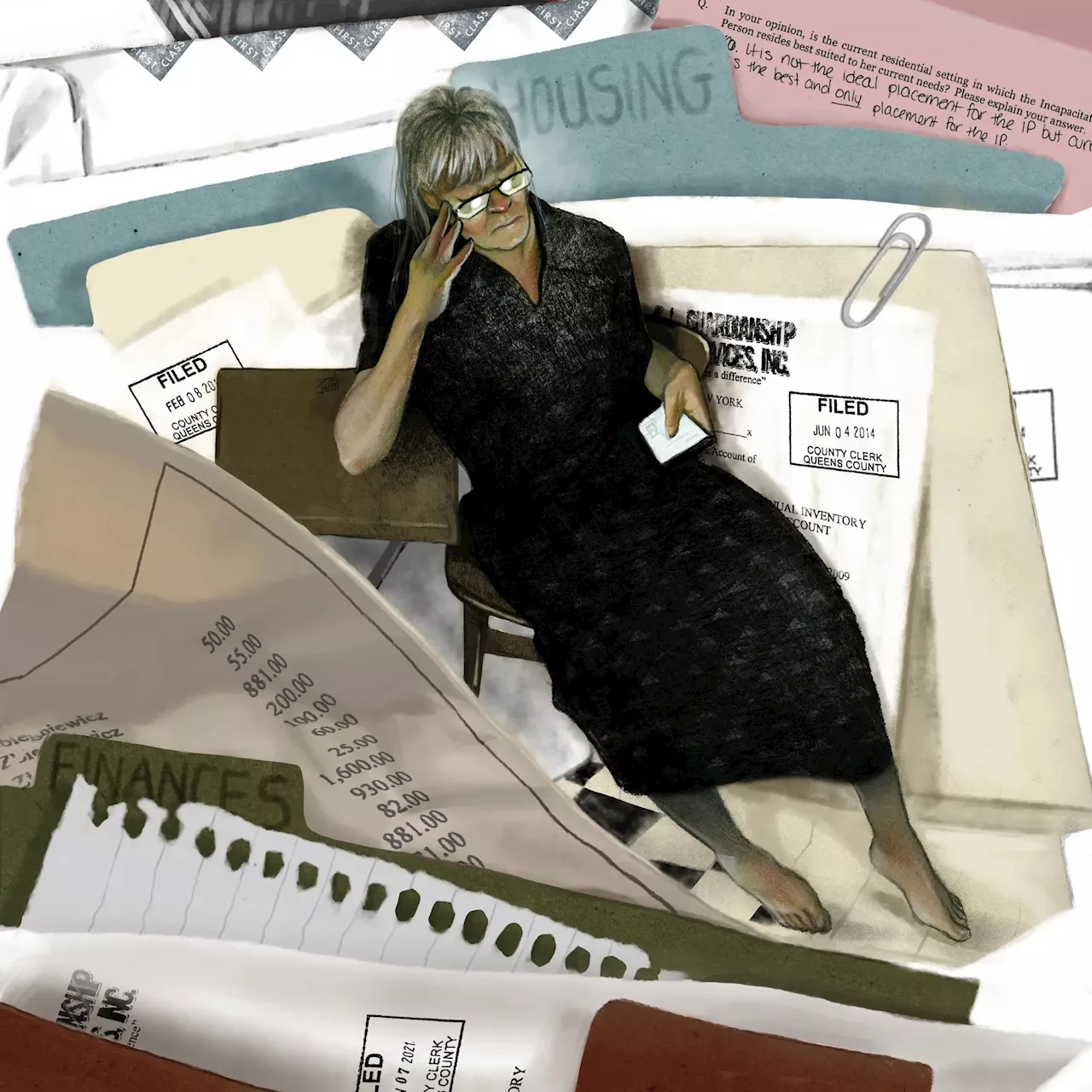Judith Zbiegniewicz lived in squalor, yet every month, her state appointed guardian was paid $450 from her bank account.
The temperature was plummeting on Thanksgiving eve when Judith Zbiegniewicz wrapped herself in a blanket, picked up her phone and tapped out yet another plea for help to New York Guardianship Services. It was 2018, and for the previous five years the company, whose slogan is “caring that makes a difference,” had overseen nearly every major decision in her life, as it did for hundreds of New Yorkers deemed incapable by the courts of looking after themselves.
“While you and every one at the guardianship are home in a warm house and having Thanksgiving dinner think of me. In a apartment without heat and can’t,cook. And rats in the kitchen,” she wrote on the evening of Nov. 21, 2018. “So much for where caring makes a difference.”Three decades ago, New York was at the vanguard of a national movement to prevent such exploitation. State lawmakers passed progressive legislation to codify wards’ civil rights and maximize their independence.
Today, for example, it is far easier in New York to become a guardian than a nail technician. Parties need only complete a day-long course — far less training than is required in, including California, Texas and Florida. And oversight of their work is similarly threadbare, consisting primarily of a court-appointed examiner who focuses almost exclusively on financial paperwork and a judge who signs off on the examination.
“Keeping people out of guardianship in the first place is the single most important thing to do, because once you’re in it, it’s the toilet you get flushed down,” said Kristin Booth Glen, a former judge who helped craft the law and has called for reform for years. New York’s oversight of guardianships has been “a total and utter disaster,” she said.
NYGS executives declined to be interviewed for this story. In a statement, Sam Blau, the company’s chief financial officer, said that as a fiduciary he was barred from answering questions “about any specific client.” However, he noted, “we are accountable to the Court and our annual accounts and reports are scrutinized by Court appointed examiners and any issues would be addressed.” NYGS did not answer written questions about the company’s broader business practices.
Zbiegniewicz had no job and no way to pay. She had been dependent on her father all of her adult life, the result of an early trauma: At 18, she was raped leaving the subway on her way to work at Queens’ Welbilt Stove plant. Her world became small, as her devastated parents shielded her. She never sought therapy, never returned to work and rarely ventured beyond the comfort of her block.
The judge granted the city’s request, setting in motion Zbiegniewicz’s spiraling journey into New York’s overloaded guardianship system, which now contains 28,619 people statewide, more than 60% of whom live in New York City. In most cases, a judge selects either a so-called lay guardian — family or friends who volunteer — or a professional guardian, usually a lawyer, which can be pricey.
Private lawyers have “stopped taking cases in droves because they don’t want to spend the time,” Arthur Diamond, the former supervising guardianship judge in Nassau County, told state lawmakers in 2018. “And it can be an immense amount of time being a guardian for somebody who has Alzheimer’s and dementia, which many of our wards do.”
At the time of NYGS’ founding, Blau was working as the director of judicial compliance at another guardianship firm, according to his LinkedIn profile. The state attorney general’s office investigated that group, Integral Guardianship Services, during Blau’s tenure, and eventually accused it of abandoning its most basic duties, including filing annual reports detailing wards’ finances.
The distinction is significant. Nonprofits are exempt from court rules that cap the number of cases and the amount of compensation guardians can receive annually. Such operations can be lucrative. One estimate commissioned by the state attorney general in 2016 projected that a nonprofit guardian serving 400 low-and-no-fee wards could generate $1.2 million per year.
NYGS’s business grew rapidly by taking on dozens of new cases annually — a strategy that former employees said was intended to maximize profit on the $450 per month apiece it earned from most of its wards. But staffing didn’t keep pace with volume, and workers realized that in order to do the job well, the firm needed to take fewer cases and throw significant resources at the ones it already had.
The former case manager, as well as other workers, said this dynamic would play out time and again after NYGS moved Zbiegniewicz into the upstairs apartment of 150-15 Yates Road, a two-family home in a dangerous section of Jamaica, Queens. It was seven miles and a world away from the spacious Maspeth house where she’d lived most of her life.
Today, there are just 157 examiners responsible for reviewing the reports of 17,411 New York City wards, according to data from the court system. And their training can be minimal. In Brooklyn, Queens and Staten Island, this includes viewing a set of instructional DVDs that were recorded 12 years ago.Zbiegniewicz paid a few hundred dollars each year for an examiner’s reviews. But her records show these examiners did not interrogate spending that indicated potential housing problems.
Meanwhile, the conditions in the apartment steadily worsened, according to emails, court filings and interviews with four other people who spent time there. In an interview, Brown said that her job was to “make sure the dollar amounts balance out” and that funds were not “being misused.” By those standards, there were no disbursements in the annual reports that “raised an eyebrow,” she said. She said she wasn’t aware of the chronic heating problems, the collapsed roof or the pest infestations in the Yates Road apartment, despite the expenditures for extermination and various capital improvements in the reports she reviewed.
Zbiegniewicz believed that if Mayersohn understood how dire her living conditions were, he would require NYGS to fix the situation. The son of a state assemblymember, he started his career as a legislative aide and practiced law for nearly two decades, focusing on trusts and estates, among other civil matters, before being elected to the bench in 2004.
Had they dug deeper, they would have found that Yates Road had gone through a foreclosure and been sold to a bank that was moving to evict Zbiegniewicz and her friends. It’s unclear who actually owned the house when NYGS moved her there; the deed had changed hands multiple times in quick succession.
“You have to get in contact with someone,” she wrote to NYGS on Jan. 20, 2018, when her refrigerator lost power. “We are running extension cord from the basement to up stairs. We are hungry did not eat yesterday.” Within NYGS, staffers were growing increasingly concerned for Zbiegniewicz’s well-being and passed complaints along to David and Sam Blau, said Billini, the firm’s former case manager. A nurse practitioner for the company confirmed the deplorable conditions on her quarterly visits to the house and reported back to NYGS.
Other judges, the courts’ spokesperson said, have advocated for structural changes, including replacing nonprofits with “a statewide, state-supported public guardian program for indigent persons.” In a June 2019 filing opposing David Blau’s petition, the attorney informed the court that Zbiegniewcz had already moved out of Yates Road on her own. That month she’d married her longtime friend Leonard Hubbard, and the couple were living together in a city shelter.
Mayersohn finally released Zbiegniewicz from the guardianship in February 2022. In NYGS’ final report, the company disclosed taking $12,551 to cover “unpaid monthly compensation” for the nearly two and a half years she had effectively lived outside the guardianship. The lump sum payment brought the balance of Zbiegniewicz’s accounts to zero.
Indonesia Berita Terbaru, Indonesia Berita utama
Similar News:Anda juga dapat membaca berita serupa dengan ini yang kami kumpulkan dari sumber berita lain.
 Shooting on Tucson's Southside leaves one woman dead, one man injured22-year-old Daniza Ferrales Sanchez was killed and an unidentified man was injured after being shot near East Benson Highway and South Bonney Avenue.
Shooting on Tucson's Southside leaves one woman dead, one man injured22-year-old Daniza Ferrales Sanchez was killed and an unidentified man was injured after being shot near East Benson Highway and South Bonney Avenue.
Baca lebih lajut »
 From a Psych Hospital to Harvard Law: One Black Woman’s Journey With Bipolar DisorderMore Than A Magazine, A Movement
From a Psych Hospital to Harvard Law: One Black Woman’s Journey With Bipolar DisorderMore Than A Magazine, A Movement
Baca lebih lajut »
 One woman killed, three injured in shooting at Chicago parkOne woman killed, three injured in shooting at Chicago park
One woman killed, three injured in shooting at Chicago parkOne woman killed, three injured in shooting at Chicago park
Baca lebih lajut »
 Cougar attacks 5 cyclists in Washington, with one woman hospitalizedOfficers removed one young cougar after an attack on five cyclists in Washington. They said they believe there may be a second one, but it has not yet been located.
Cougar attacks 5 cyclists in Washington, with one woman hospitalizedOfficers removed one young cougar after an attack on five cyclists in Washington. They said they believe there may be a second one, but it has not yet been located.
Baca lebih lajut »
 Beyoncé Just Became the First Black Woman Artist With a Number One Country SongBeyoncé has become the first Black woman artist ever to top the Hot Country Songs Chart for her country chart debut 'Texas Hold 'Em.'
Beyoncé Just Became the First Black Woman Artist With a Number One Country SongBeyoncé has become the first Black woman artist ever to top the Hot Country Songs Chart for her country chart debut 'Texas Hold 'Em.'
Baca lebih lajut »
 One woman’s motive: Caring for others, healthcare desert now has clinicClio Health Clinic is the only family health clinic in the area, and the numbers show how it was needed.
One woman’s motive: Caring for others, healthcare desert now has clinicClio Health Clinic is the only family health clinic in the area, and the numbers show how it was needed.
Baca lebih lajut »
